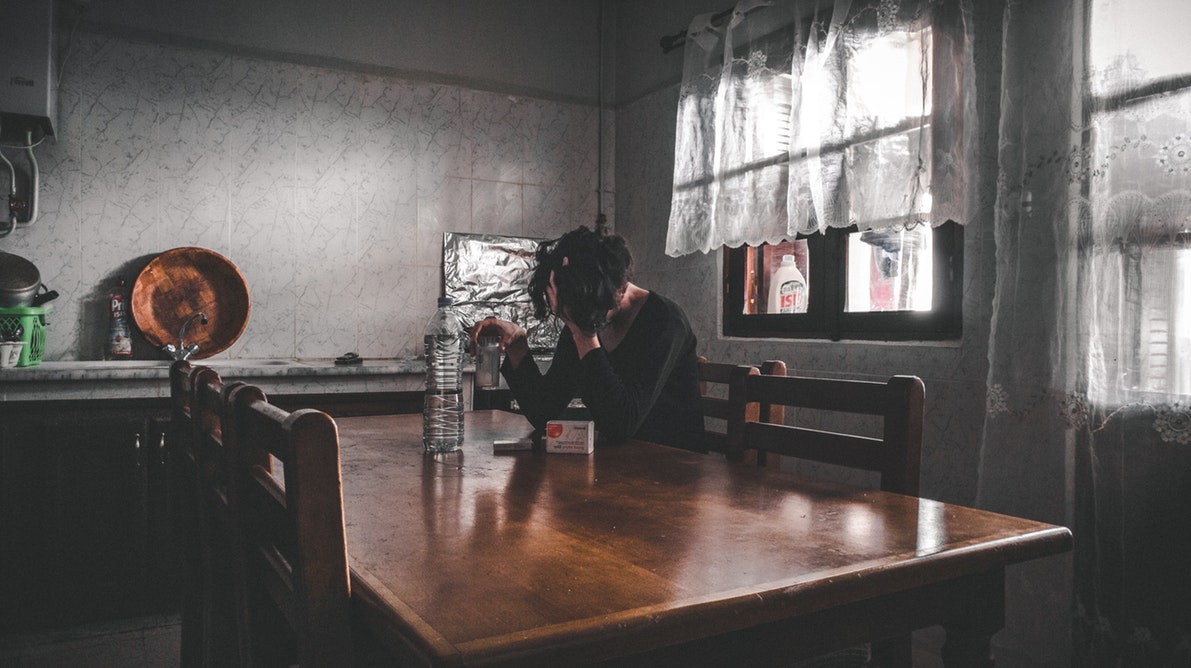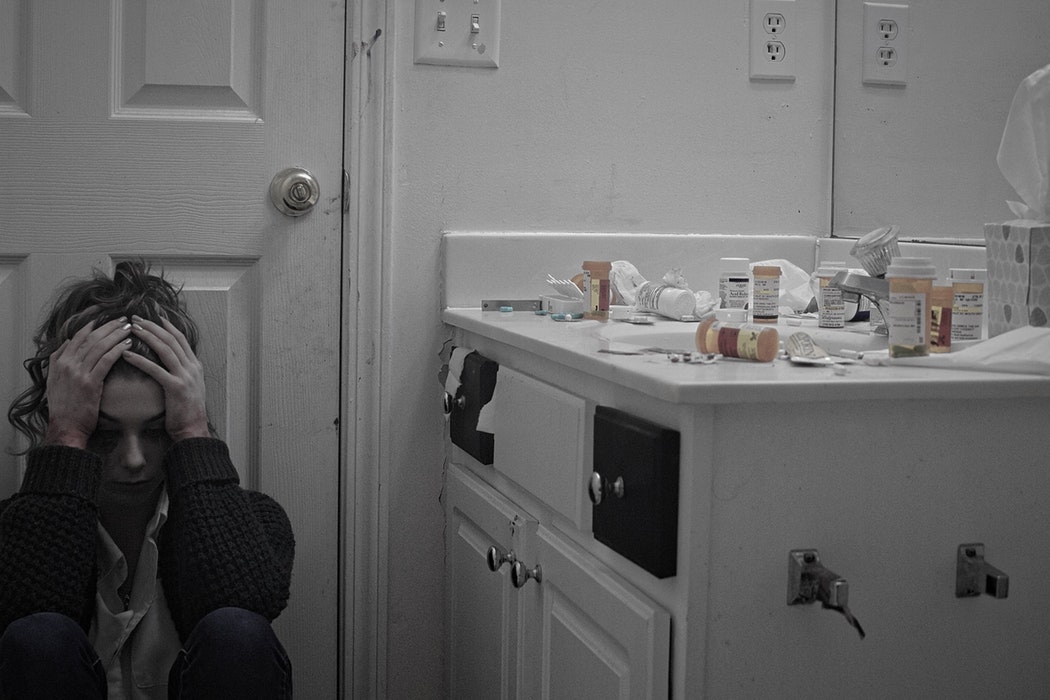Depression in Women and Postpartum Depression
A mood disorder in which the patient feels sad, hopeless and loses interest
It may be mild, moderate or severe.
Symptoms
Psychological
Sadness
Hopeless
Helpless
Sleeping difficulties
Difficulty concentrating
Thoughts of suicide and attempts of suicide
Physical
Fatigue
Digestion difficulties
Chronic pain
Headache
Studies showed that depression affects women more than men. This is related to her hormonal changes during throughout women’s life and her personality character in general. There are times where depression is experienced the most and they are premenstrual period, pregnancy and post-delivery or miscarriage and during menopause.
Postpartum depression and postpartum blues
Postpartum blues include mood swings, sadness, crying, irritability and insomnia this may affect up to 80% of women shortly after giving birth and usually lasts within two weeks.
Postpartum depression is more severe form in which a patient may have suicidal thoughts or inability to take care of the baby.
Timing of postpartum depression
It occurs during the first days after giving birth and in some patients, symptoms start even before delivery. And lasts from weeks up to a year
Risk Factors of depression and postpartum depression
- History of depression or anxiety
- A family history of depression
- Moderate to severe premenstrual symptoms
- Stressful events experienced during pregnancy

- History of stillbirth or miscarriage
- Formula-feeding instead of breast-feeding
- Smoking
- unemployment
- Low social support and marriage problem
- Low socioeconomic status
- Infant sickness
- Unplanned pregnancy
Management of depression and postpartum depression
Psychological support by doctors and family.
Antidepressant medications.
Not managing a patient with depression may lead to major problems in mother and newborn’s lives
Baby Names Book, Arabic Baby Names
http://www.babynamesbook.net/
Dr Najeeb Layyous F.R.C.O.G
Consultant Obstetrician, Gynecologist and Infertility Specialist







 Pregnancy Due Date Calculator
Pregnancy Due Date Calculator
 Chinese Gender Predictor
Chinese Gender Predictor
 Ovulation Calculator
Ovulation Calculator
 IVF Due Date Calculator
IVF Due Date Calculator
